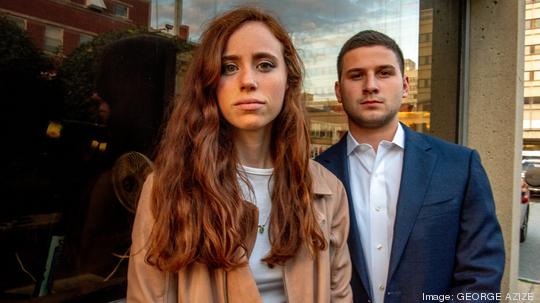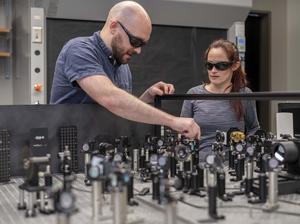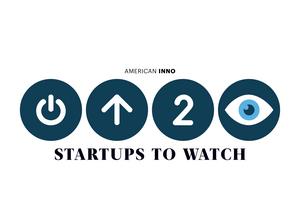
In 2021, MediCircle was just beginning, as founders Jack Schaeffer and Eliza Sternlicht were still students at Brown University.
The organization connects leftover, unexpired cancer medications to financially burdened patients by employing a rigorous, three-step quality assurance process, which includes a team of pharmacists. Now, according to Schaeffer, MediCircle cleared some major hurdles and finally started collecting donated medications in November. It obtained full regulatory approval to receive unused medications from all 50 states and over the last few weeks, MediCircle completed a small, controlled launch in Houston, he said.
"In the first two weeks of operations, over $200,000 worth of viable medications was successfully donated and re-certified on our platform and is now eligible to be dispensed to financially burdened cancer patients," he said.
In June, the Rhode Island General Assembly approved legislation that would create a way to redistribute unused medication to aid people who cannot access or afford their prescriptions.
Schaeffer said with the changing law, MediCircle could possibly come back to Rhode Island someday, but a lot of work lies ahead in Texas. After raising $1.2 million over the last year, he said MediCircle would be focusing on expansion.
Using their site, patients and providers can arrange to send MediCircle their medication for free in less than five minutes.
"You fill out a brief form, and we ship them a donation box. People can pack up their medications from the comfort of their home and then drop it off at the nearest FedEx location," he said. "For patients that are immunocompromised or bedridden, we offer complimentary pickup services."
For the most part, the organization focuses on recycling cancer and chemotherapy medications that can cost thousands for just a single month of treatment.
"Some of the medications we deal with cost on average $14,5000 for just one month," Schaeffer said. "Instead we're recertifying medication and charging patients only $20 for a flat dispensing fee.”
In 2017, the Centers for Disease Control and Prevention found that more than 1 in 10 people were rationing their medication in an effort to reduce costs. Those numbers have only gone up and are even higher depending on how expensive the medication is.
Schaeffer said several users have reached out to the organization to share their stories behind their donations.
“I hated that this just had to go in the trash, and it was so exorbitantly expensive… I wish we could have donated more, and when we have more, I will certainly reach out again," one MediCircle donor wrote. "You guys were incredible. Just knowing that this medication would go to somebody who needed it and it didn’t just go in the trash was incredible.”








